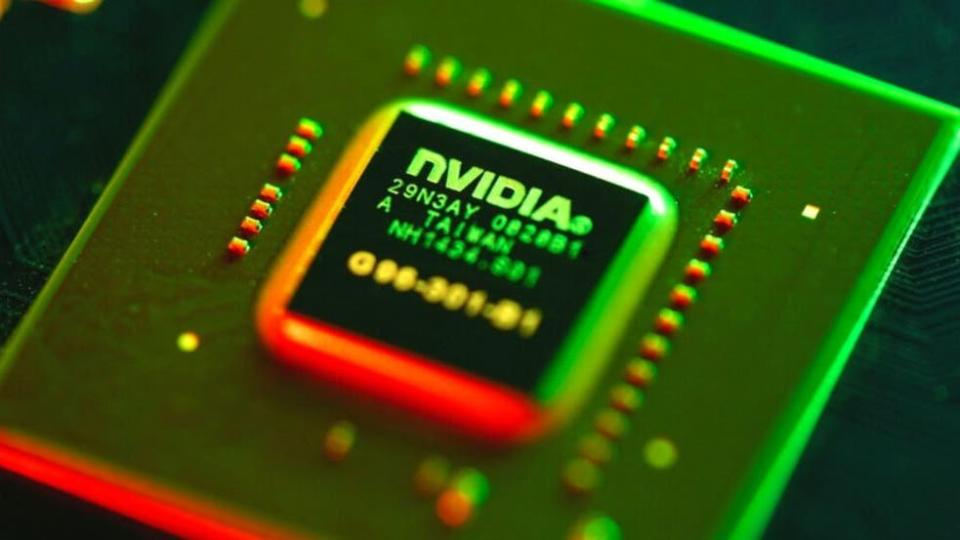The $150 Billion Opportunity SoftBank Lost By Selling Nvidia Shares Too Soon

In 2019, SoftBank’s Vision Fund decided to sell all of its Nvidia shares, which comprised 4.9% of the company. Although back then this seemed like a smart move because SoftBank had originally spent around $700 million to buy the shares and ended up making a huge profit of $3.3 billion from the sale, now it’s clear: had Softbank held onto those shares, they would be worth more than $150 billion just a couple of days ago.
By selling in 2019, SoftBank missed out on a gain of more than $150 billion.
Don't Miss:
Executives and founders of Uber, Facebook and Apple are bullish on this wellness app that you can coinvest in at $1.15 per share.
Miami is expected to take New York's place as the U.S. Financial Capital. Here's how you can invest in the city before that happens.
Even though Softbank’s Vision Fund’s main goal was to invest in artificial intelligence, being too early can sometimes mean missing out on bigger opportunities. In 2019, Nvidia was struggling, with its share price nearly cut in half over the previous four months.
But fast-forward to today. Nvidia is valued at about $2.9 trillion, just behind Apple and Microsoft, making SoftBank's decision to sell look like a missed golden opportunity.
However, it’s important to remember that investment decisions are made based on the information and market conditions available at the time. Predicting the future market is always uncertain.
The tech industry, especially in areas like AI and semiconductors, grows rapidly and can be unpredictable. Nvidia, which makes GPUs, turned things around significantly. As AI technologies advanced, Nvidia’s products became more and more essential, causing the company’s value to shoot up.
Trending: If there was a new fund backed by Jeff Bezos offering a 7-9% target yield with monthly dividends would you invest in it?
But even as Nvidia’s stock has significantly increased by over 1,000% since October 2022, making it now the third-largest company in the world by market value, investors are wondering if Nvidia’s growth can continue, especially since it’s so dominant in making AI chips.
The world of investing is never straightforward, and what seems like a good idea today might turn out to be a terrible decision down the road and vice versa.
Naturally, Masayoshi Son, the founder of SoftBank Group, regrets his decision. He recently said, "The fish that got away was big" and "I had to tearfully sell the shares."
Still, Masayoshi Son remains committed to AI. In fact, he recently said, "I seriously believe the reason why Masayoshi Son was born is to make ASI come true," revealing his intent to make a significant investment in the AI space.
As The Wall Street Journal reports, Son believes in "artificial superintelligence" (ASI), which he said would be 10,000 times smarter than human intelligence and would be widely used in 10 years to help humans with problems like diseases, car accidents, wars, and even potential meteor crashes.
Keep Reading:
No generation before Gen Z has had this investment opportunity – How successful Zoomers plan to retire in their 30's.
Are you rich? Here’s what Americans think you need to be considered wealthy.
"ACTIVE INVESTORS' SECRET WEAPON" Supercharge Your Stock Market Game with the #1 "news & everything else" trading tool: Benzinga Pro - Click here to start Your 14-Day Trial Now!
Get the latest stock analysis from Benzinga?
This article The $150 Billion Opportunity SoftBank Lost By Selling Nvidia Shares Too Soon originally appeared on Benzinga.com
© 2024 Benzinga.com. Benzinga does not provide investment advice. All rights reserved.

 Yahoo Finance
Yahoo Finance 